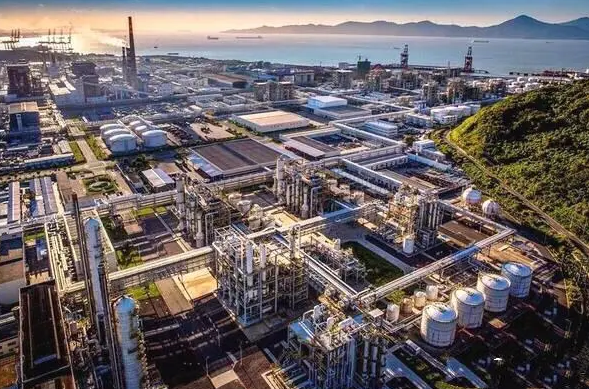Zhejiang Ningbo Zhenli Chemical Industrial Park Smart Fire Safety Project
Background
As an important chemical production base, safety in Zhejiang Ningbo Zhenli Chemical Industrial Park is of paramount importance. While traditional fire protection systems provide certain safeguards, they still face challenges such as delayed response times and high false alarm rates, especially in the complex industrial environment. To address these issues, the industrial park decided to implement an advanced AI-based smart fire safety project.

Project Objective
The goal is to utilize advanced fire and smoke detection AI algorithms to enable fast and accurate fire warnings, significantly reducing false alarms, and ensuring the safe and efficient operation of the industrial park.
Technical Implementation
High Accuracy Fire and Smoke Detection: The AI algorithm used in this project has an accuracy rate of 99%, with a false alarm rate of less than 1%, and an average of less than one false alarm per month. This is a significant improvement over conventional small AI models that have a higher false alarm frequency on a minute-by-minute basis.
Large-Scale Training Dataset: The AI algorithm was trained on a dataset of over 120 million images, greatly enhancing recognition accuracy compared to conventional small-scale AI models, which are trained on just 100,000 images.
Low Computational Requirements: Despite using a large-scale dataset and complex models, the algorithm runs efficiently in environments with only a CPU, without the need for GPU support. This significantly reduces the cost and complexity of the technology implementation.
Implementation Steps
System Deployment: Smart cameras are installed in key areas of the industrial park and connected to the AI fire and smoke recognition system.
System Integration: The AI algorithm is integrated with the existing fire safety system, optimizing alarm and response workflows.
Continuous Optimization: The algorithm will be continuously adjusted and optimized based on real-world performance to ensure long-term stability and reliability.
Expected Outcomes
Improved Fire Warning Accuracy: The system will greatly enhance fire warning accuracy, effectively reducing false alarms, and ensuring a swift response.
Reduced Technology Implementation and Maintenance Costs: By lowering the computational and infrastructure requirements, the system will be more cost-effective and easier to maintain.
Safer Work Environment: The implementation of the system provides a safer work environment, protecting the lives and property of employees.
Conclusion
By implementing the Smart Fire Safety Project, Zhejiang Ningbo Zhenli Chemical Industrial Park has not only improved the efficiency and accuracy of fire safety management but also demonstrated the enormous potential of AI technology in industrial safety. The successful execution of this project has provided enhanced safety for the industrial park and offers a valuable smart safety management solution that can be adopted by other industrial enterprises.
